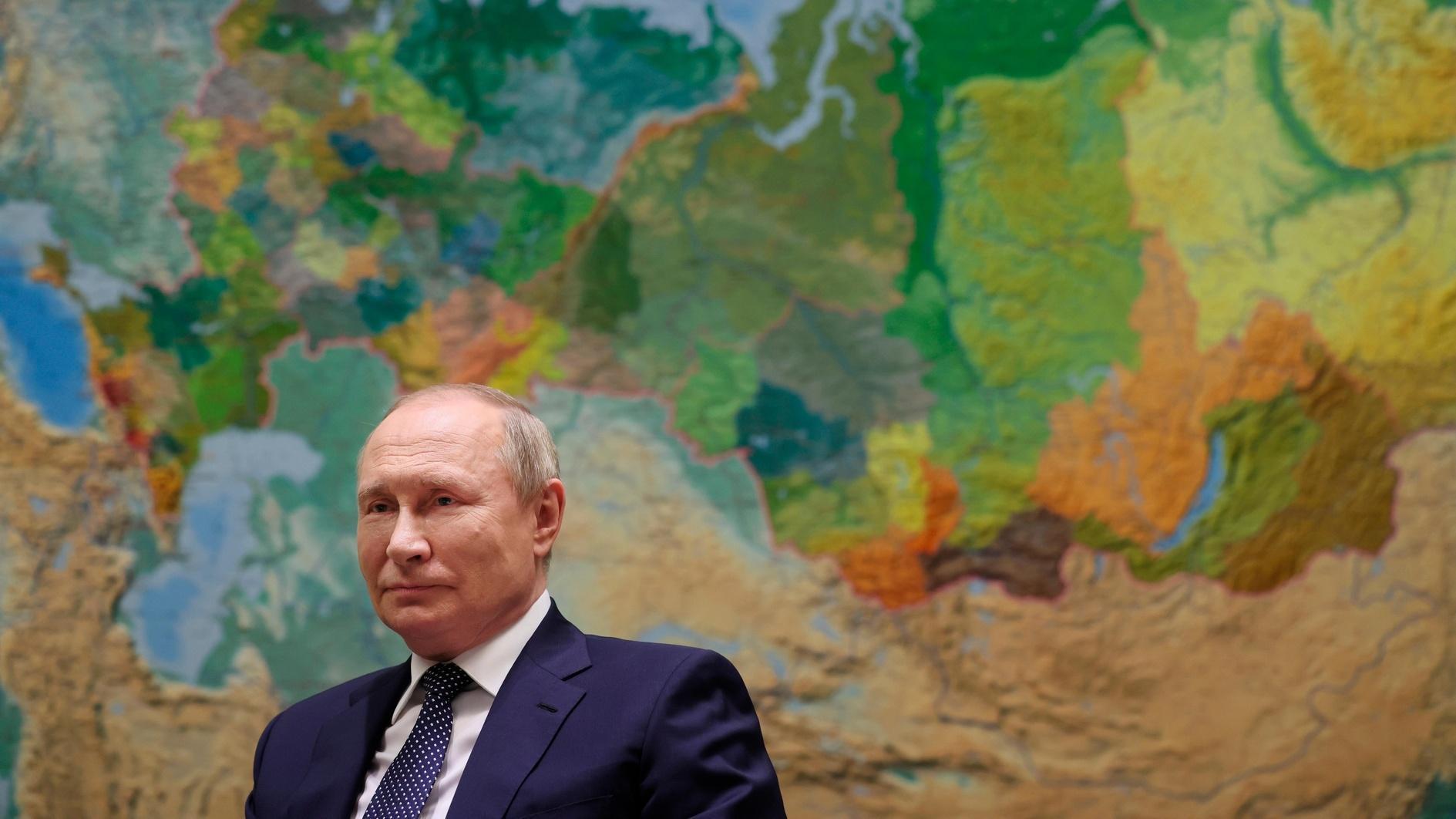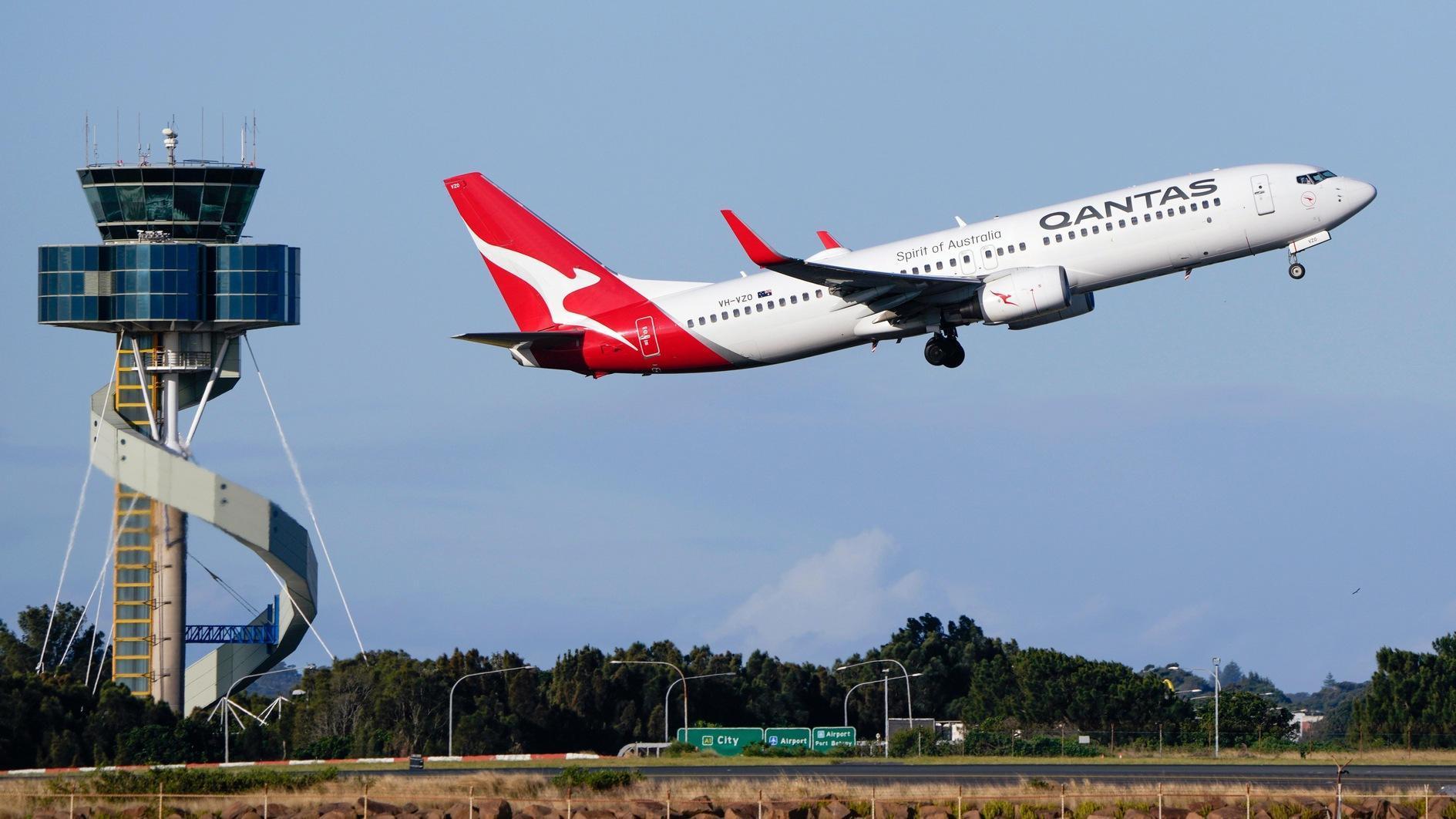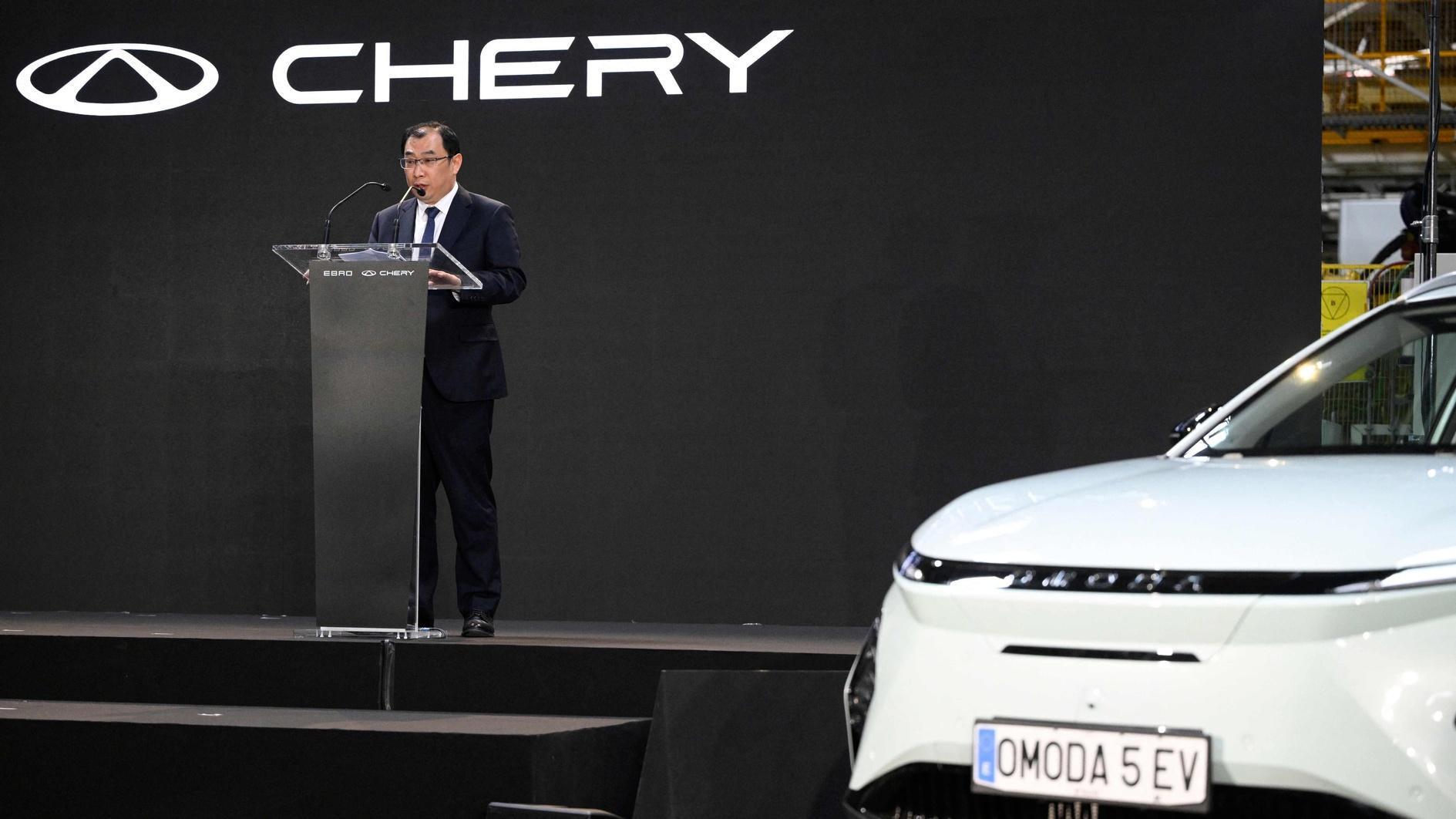A broken mirror
ROBERT ELLIS
The Fazıl Say case has drawn attention to the restrictions imposed on the freedom of expression in Turkey by the AKP (Justice and Development Party) government. The EU Commission in its 2012 Progress Report stated that the increasing incidence of violations of freedom of expression in Turkey raises serious concerns, but Turkish EU Minister Egemen Bağış has dismissed the report as a “broken mirror.”According to an OSCE report in April the number of imprisoned journalists in Turkey has almost doubled in a year, from 57 in 2011 to 95, which is more than in Iran and China combined (69). Twenty have since been released. As the EU Commission also points out, on a number of occasions, journalists have been fired after writing articles openly critical of the government and self-censorship in the Turkish media is a common phenomenon.
At the AKP congress at the end of September seven newspapers and a TV channel were not allowed to cover the event. But the following day President Abdullah Gül, in an address to the National Assembly, stated that everyone has the freedom to freely express their views and that no one should be imprisoned because of expressing their views through the media.
There are other developments which are equally disquieting. Since the AKP came to power in 2002, Turkish society has gradually become more conservative. As Prime Minister Erdoğan stated in February, “We will raise a religious generation.” The educational system has been shaped accordingly. Courses on the Koran and the life of Prophet Mohammed have been introduced as electives in secondary schools. and the Higher Education Board is considering the removal of a course in Atatürk’s principles and the history of the revolution, which is mandatory for Turkish university students.
Last November the board decided to abolish the coefficient system to make it possible for graduates from imam-hatip (religious) high schools to enter university on equal terms with graduates from other high schools.
Compulsory school attendance has been increased from eight to 12 years, but parents can move their children to imam-hatip schools after only four years of primary education.
There has also been a significant increase in the budget of the Religious Affairs Directorate (Diyanet), which will be increased from 3.89 billion to 4.6 billion Turkish Liras (about 2 billion euros). This will exceed the allocations for the Interior, Foreign, Health, Science, Industry and Technology, Environment and Urban Planning, Culture and Tourism, Energy and Natural Sources, Development and European Union ministries combined.
This is perhaps not remarkable for a country that has one mosque for every 350 people and one hospital for every 60,000. As a Turkish friend commented: “When they come around collecting, it is always for a new mosque. Never a new school.”
The AKP government has stifled domestic opposition, making use of the EU accession process to curb the Kemalist and secularist establishment.
The question is whether the EU in its pursuit of a positive agenda with Turkey is prepared to turn a blind eye to the situation.











